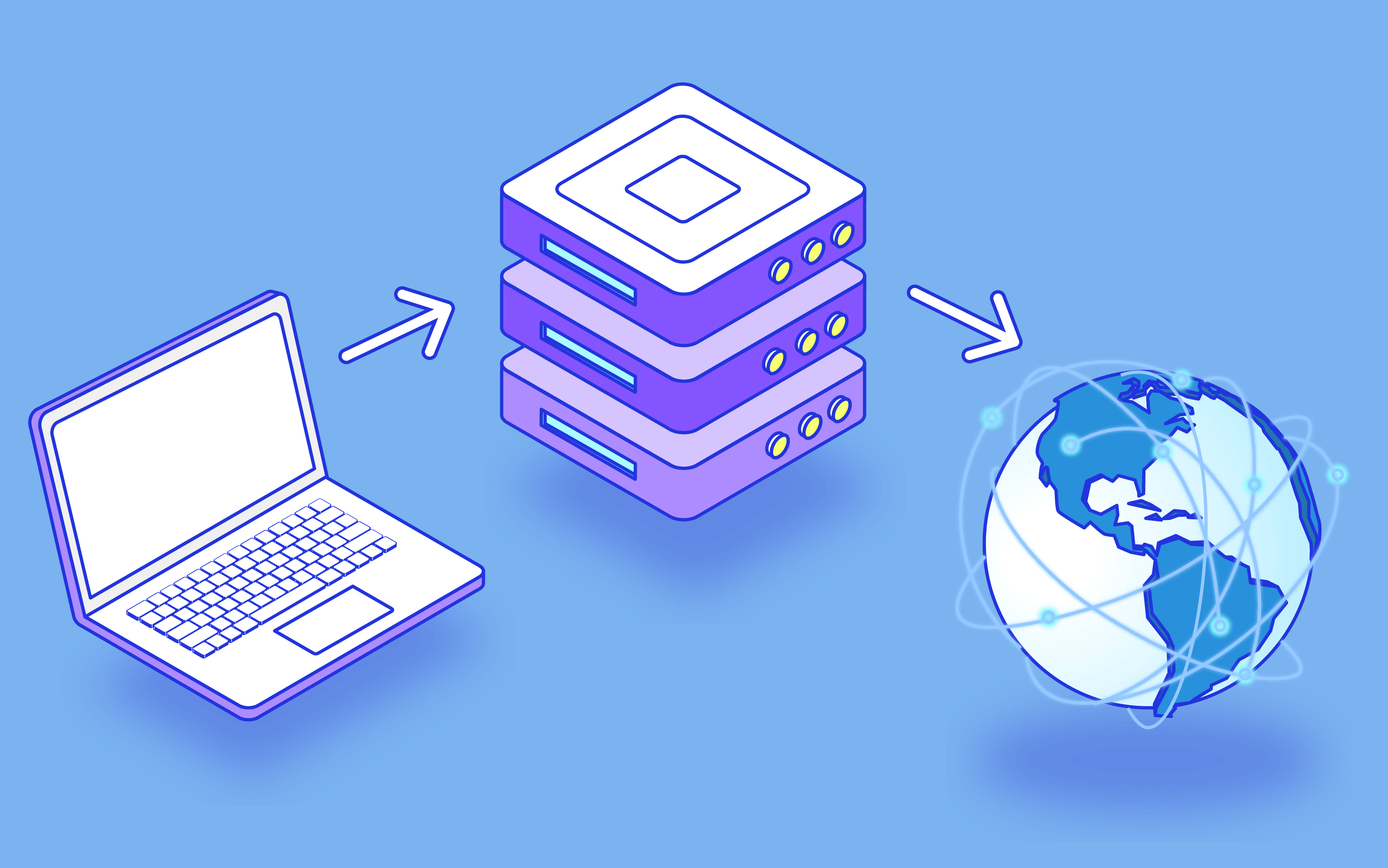Proxies compared to VPNs: Grasping the Distinctions

In the modern online world, preserving online privacy and security is more crucial than ever. As individuals seek ways to maneuver the internet safely, two terms frequently arise: proxy servers and VPN services. Though both fulfill the purpose of boosting online privacy, they function in unique methods and are tailored for varied requirements. Grasping how proxy servers work and their different types can assist users and businesses make informed choices about their online strategies.
Proxy systems function as go-betweens between individuals and the internet, directing requests and responses through their own network. This procedure not only aids in hiding the user's IP address but also offers chances for enhanced safety and access to restricted content. However, with the extensive range of proxy options available, like HTTP, SOCKS, and transparent proxies, it's important to understand the distinctions and benefits linked to each. In this article, we will delve into the world of proxy servers, analyzing their functions, advantages, and the latent risks when selecting the best approach for your internet demands.
Grasping Proxy Servers
A proxy server acts as an intermediary between a client and the internet. When a client connects to the internet through a proxy, their requests for online resources are first sent to the proxy server, which then forwards those requests to the desired server. The intermediary retrieves the information from the internet and sends it back to the client. This system helps conceal the client's original IP address, providing a level of anonymity.
Proxies come in various types, each serving different purposes. For example, HTTP proxy servers are designed for web traffic, while SOCKS proxy servers support various types of data, making them adaptable for applications beyond web browsing. Transparent proxies, on the other hand, do not alter queries or responses, allowing clients to browse without being aware of their presence. Grasping these categories is crucial for users looking to maximize the advantages of proxy solutions.
Employing a proxy can enhance both online privacy and security. By concealing the client's IP address, proxy servers help protect personal information from potential threats. Additionally, they can stop illegal access to sensitive data and reduce the risk of hacking. However, it is important to evaluate the security features of the proxy service you choose, as not all proxy servers provide the identical degree of protection.
Advantages of Employing Proxy Solutions
Proxy servers offer several advantages for improving online anonymity and protection. By acting as middlemen between individuals and the online world, they can conceal clients' IP addresses, making it tougher for sites and potential hackers to track their web usage. Article source of anonymity helps safeguard personal information while navigating, contributing substantially to individuals' anonymity.

An additional key benefit of employing proxy servers is improved safety. They can provide a defense against cyber threats by filtering harmful content and blocking malicious websites. Companies often adopt proxy solutions to create a separation between their internal networks and external threats, lowering the chance of data breaches. Additionally, many proxy servers come loaded with enhanced capabilities that can secure user data, more defending against unapproved entry.
Proxy servers are also essential tools for efficiency and output. Companies can utilize them to regulate and oversee employee internet usage, guaranteeing that assets are used properly. Furthermore, by allowing access to geo-restricted material, proxy servers allow employees to obtain essential insights for market research without the typical constraints that come from regional limitations. This not only does it boost workflow but also offers critical information for strategic planning.
Proxies in Diverse Fields
In the realm of internet marketing, proxy servers are vital for gathering data and holding a competitive edge. Marketers utilize proxies to conduct market research and gain insights into competitor strategies without revealing their own identity. By utilizing proxies for data scraping, companies can collect information about prices, product releases, and consumer opinions, allowing them to adjust their strategies in a fast-paced market environment.
The video game industry also gains advantage significantly from proxies. Players often face geo-blocks or IP bans that prevent them from accessing certain titles or materials. Using proxies allows gamers to bypass these restrictions, enabling them to connect to game servers in alternative regions. Additionally, proxy servers can help lower latency and enhance connection speeds, making for a smoother gaming experience overall. For both recreational and competitive gamers, the right proxy server can improve performance and access to a wider range of games.
In the business world, businesses increasingly rely on proxies to safeguard their networks and enhance safeguarding. By acting as intermediaries between employees and the internet, proxy servers can filter out harmful traffic and protect confidential information. They also play a vital role in managing employee internet usage, ensuring efficiency is maintained while browsing. Furthermore, companies use proxy servers to access location-based information and services, providing a seamless experience for distributed teams and enhancing teamwork.
